Pros and cons of artificial intelligence
AI offers ‘unimagined capabilities’ but experts have warned it could serve ‘nefarious aims’

Artificial intelligence (AI) could lead to a “nuclear-level catastrophe”, according to a third of researchers surveyed for an annual report by Stanford University.
AI systems “demonstrate capabilities in question answering, and the generation of text, image, and code unimagined a decade ago”, said the report’s authors. But they are “prone to hallucination, routinely biased, and can be tricked into serving nefarious aims”.
ChatGPT, a new chatbot, has provoked much discussion in recent months, intensifying debate over the advantages and disadvantages of AI.
Subscribe to The Week
Escape your echo chamber. Get the facts behind the news, plus analysis from multiple perspectives.

Sign up for The Week's Free Newsletters
From our morning news briefing to a weekly Good News Newsletter, get the best of The Week delivered directly to your inbox.
From our morning news briefing to a weekly Good News Newsletter, get the best of The Week delivered directly to your inbox.
1. Pro: increased efficiency
AI-powered systems can process and analyse large amounts of data quickly, enabling faster decision-making and increased productivity across various industries.
For instance, noted the i news site, a study found that AI can cut your wait for a hospital bed by an hour when you go to A&E.
“For a human to go through 10,000 lines of data on a spreadsheet would take days, if not weeks,” explained Forbes, but AI can do it “in a matter of minutes”.
2. Con: the question of ethics
AI is “purely logical”, said Forbes, and “makes decisions based on pre-set parameters that leave little room for nuance and emotion”. In turn, this “makes it very difficult to incorporate areas such as ethics and morality into the algorithm”.
AI “notoriously fails” in “capturing or responding to intangible human factors that go into real-life decision-making – the ethical, moral, and other human considerations that guide the course of business, life, and society at large”, said Harvard Business Review.
3. Pro: more leisure time
Some believe that as AI takes on more and more tasks, society will readjust and allow all of us more leisure time.
“I expect that the world, or at least the developed part of it, will gradually choose more leisure,” wrote Roger Bootle in an extract from his book, The AI Economy: Work, Wealth and Welfare in the Robot Age, published in The Telegraph.
“It will become normal for people to work a shorter working day and a shorter working week, with the three-day weekend becoming the norm,” he added.
4. Con: potential job losses
Increased automation brought about by AI has the potential to displace jobs, particularly in fields where tasks are repetitive and easily automated. It could displace roughly 15% of workers, or 400 million people, worldwide between 2016 and 2030, according to a McKinsey study.
The potential for human job losses is “widely regarded as the number one downside to AI”, said ITPro, and it “could set in motion a wave of lay-offs, as employees struggle to outperform machines”.
5. Pro: scientific breakthroughs
AI can accelerate scientific research by automating data analysis, enabling new discoveries in fields like astronomy, genetics and material sciences.
It has contributed to significant advancements in healthcare, said Discover magazine, and can “aid in the diagnosis of cancers”.
An AI program called AlphaFold proved capable of predicting a protein’s structure based on its amino acid sequence, which will “be a great help in drug discovery and development, benefiting us all”.
6. Con: monopolisation of power
Even now, there is growing concern over the power of multinational corporations, and AI has the potential to further centralise power in the hands of a few tech giants.
AI and new technologies “are already making Big Tech even more powerful than ever before”, wrote Sukhayl Niyazov on Towards Data Science, “because the AI industry naturally gravitates towards monopolisation”.
Sign up for Today's Best Articles in your inbox
A free daily email with the biggest news stories of the day – and the best features from TheWeek.com
Chas Newkey-Burden has been part of The Week Digital team for more than a decade and a journalist for 25 years, starting out on the irreverent football weekly 90 Minutes, before moving to lifestyle magazines Loaded and Attitude. He was a columnist for The Big Issue and landed a world exclusive with David Beckham that became the weekly magazine’s bestselling issue. He now writes regularly for The Guardian, The Telegraph, The Independent, Metro, FourFourTwo and the i new site. He is also the author of a number of non-fiction books.
-
 Today's political cartoons - May 4, 2025
Today's political cartoons - May 4, 2025Cartoons Sunday's cartoons - deportation, Canadian politeness, and more
-
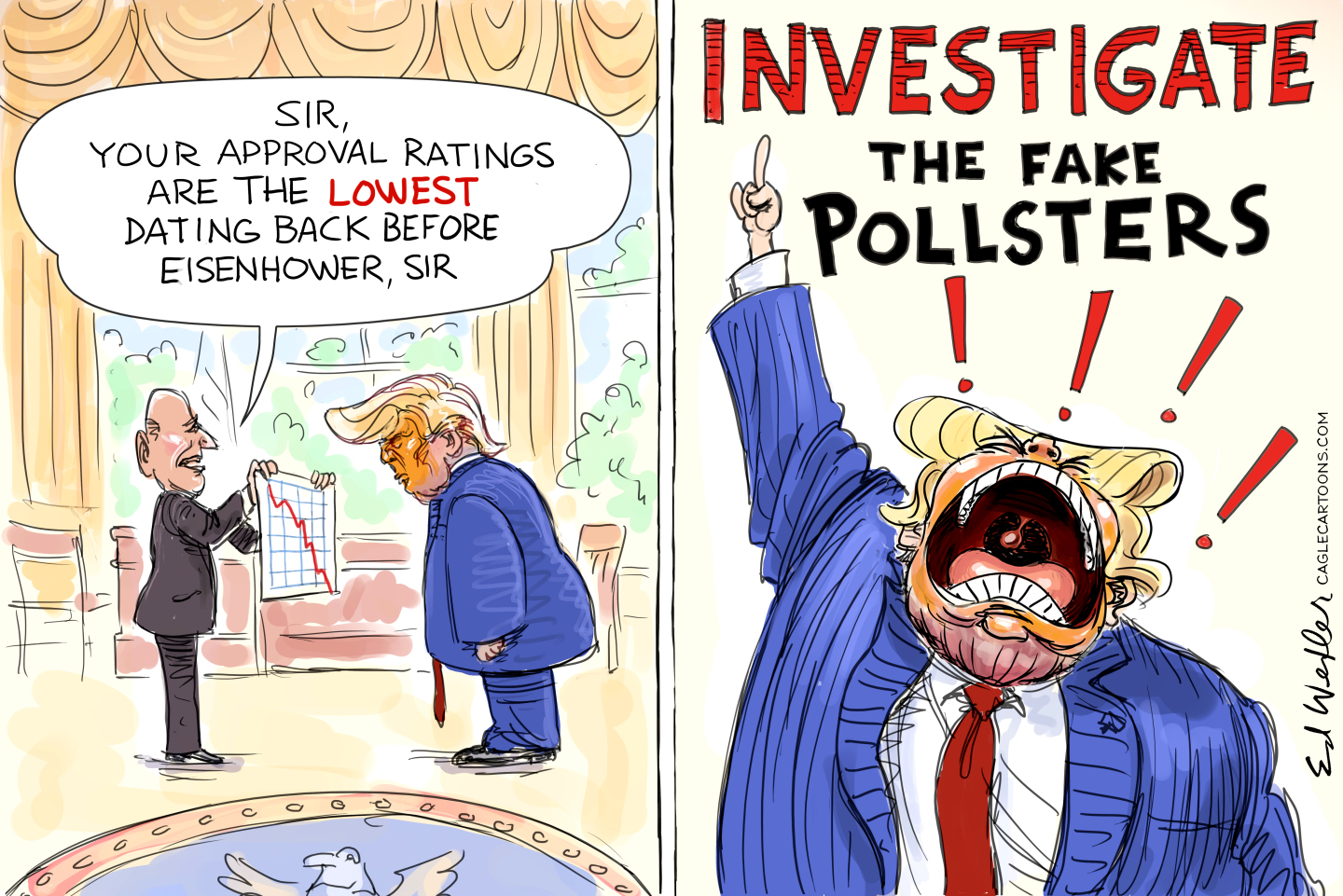 5 low approval cartoons about poll numbers
5 low approval cartoons about poll numbersCartoons Artists take on fake pollsters, shared disapproval, and more
-
 Deepfakes and impostors: the brave new world of AI jobseeking
Deepfakes and impostors: the brave new world of AI jobseekingIn The Spotlight More than 80% of large companies use AI in their hiring process, but increasingly job candidates are getting in on the act
-
 Deepfakes and impostors: the brave new world of AI jobseeking
Deepfakes and impostors: the brave new world of AI jobseekingIn The Spotlight More than 80% of large companies use AI in their hiring process, but increasingly job candidates are getting in on the act
-
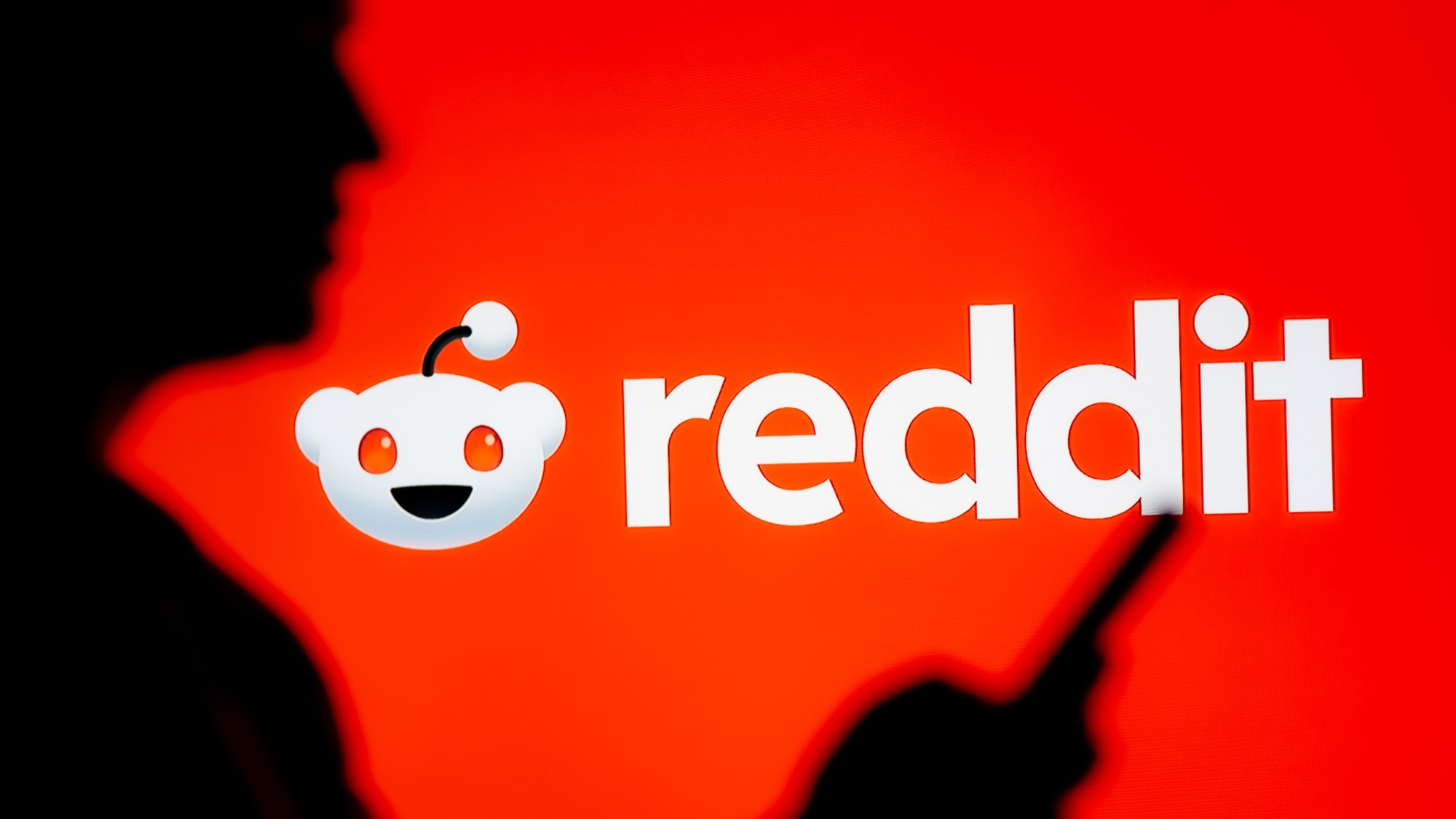 Secret AI experiment on Reddit accused of ethical violations
Secret AI experiment on Reddit accused of ethical violationsIn the Spotlight Critics say the researchers flouted experimental ethics
-
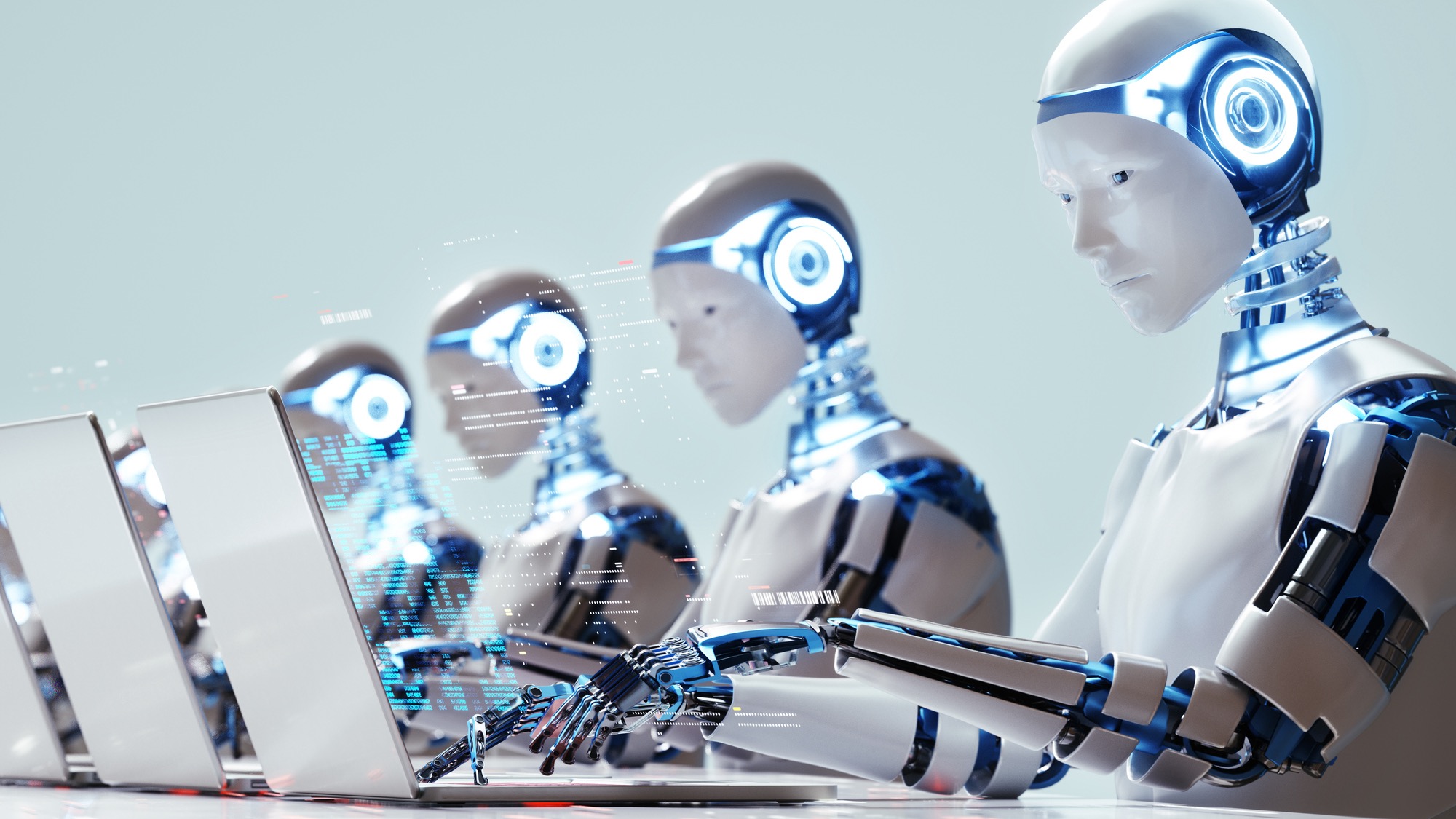 Fake AI job seekers are flooding U.S. companies
Fake AI job seekers are flooding U.S. companiesIn the Spotlight It's getting harder for hiring managers to screen out bogus AI-generated applicants
-
 How might AI chatbots replace mental health therapists?
How might AI chatbots replace mental health therapists?Today's Big Question Clients form 'strong relationships' with tech
-
 What are AI hallucinations?
What are AI hallucinations?The Explainer Artificial intelligence is known for making things up – and that can cause real damage
-
 The backlash against ChatGPT's Studio Ghibli filter
The backlash against ChatGPT's Studio Ghibli filterThe Explainer The studio's charming style has become part of a nebulous social media trend
-
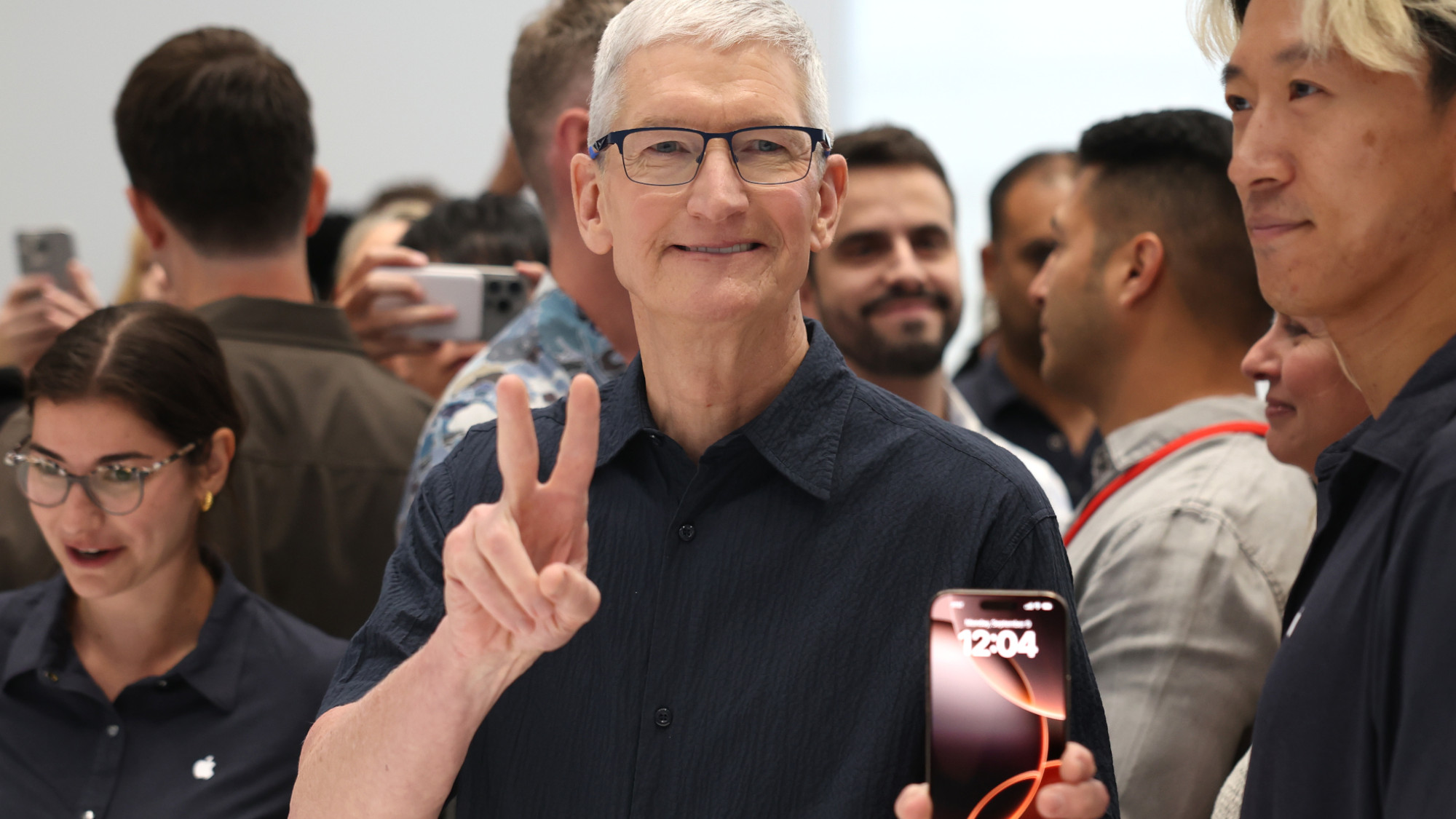 Not there yet: The frustrations of the pocket AI
Not there yet: The frustrations of the pocket AIFeature Apple rushes to roll out its ‘Apple Intelligence’ features but fails to deliver on promises
-
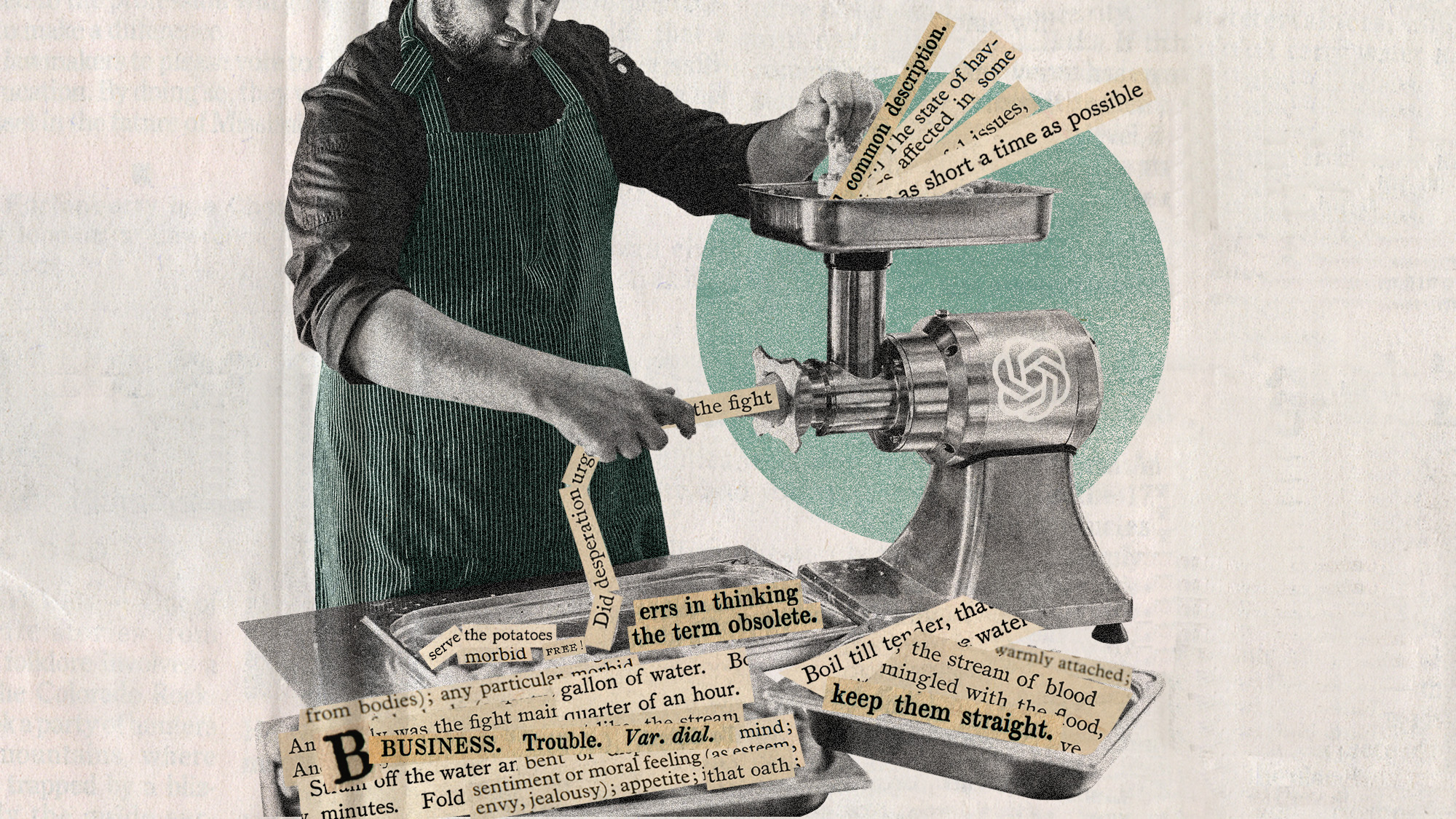 OpenAI's new model is 'really good' at creative writing
OpenAI's new model is 'really good' at creative writingUnder the Radar CEO Sam Altman says he is impressed. But is this merely an attempt to sell more subscriptions?